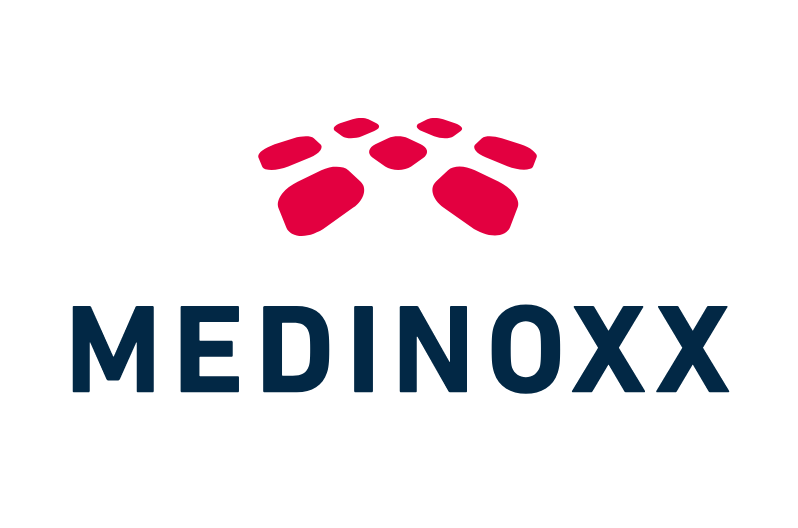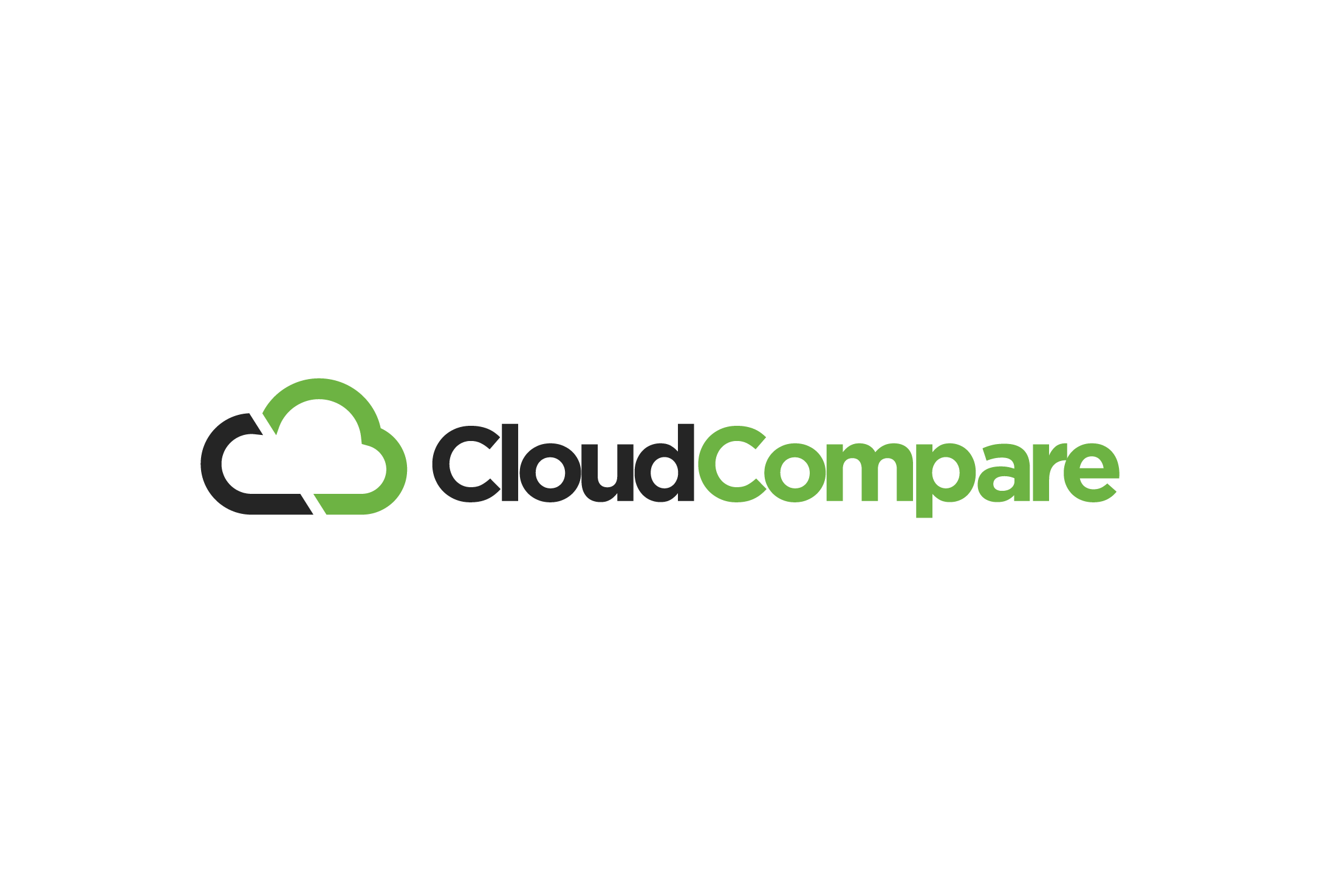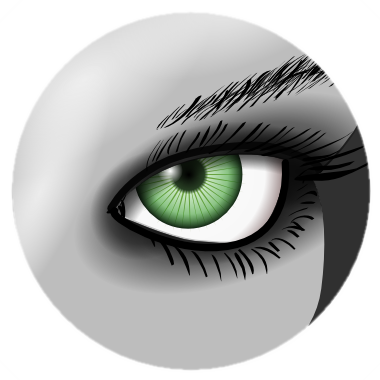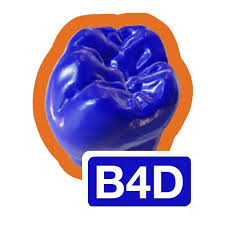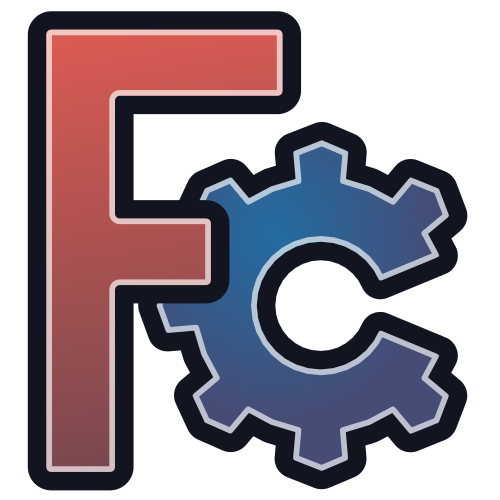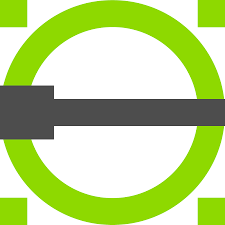MedinTux
MedinTux is an open-source medical information system developed in France, designed to cover a broad range of clinical needs, including dentistry. Unlike specialized dental-only platforms, MedinTux offers a modular architecture: physicians, dentists, and other practitioners can work within the same system while maintaining discipline-specific tools. This integration makes it suitable for small hospitals, multi-specialty clinics, and community health centers where dental care is part of broader medical services.
Core Characteristics
| Aspect | Details |
| Platform | Cross-platform (Windows, Linux, macOS; originally developed on Qt framework) |
| Database | MySQL/MariaDB |
| Features | Patient records, appointment scheduling, prescriptions, dental charting, billing, document management |
| Interoperability | HL7 support, XML/CSV data exchange, external imaging integration possible |
| Security | Role-based access, password encryption, audit logs |
| Licensing | Open-source (GPL) |
| Deployment model | On-premises client-server setup |
Installation Guide
Prepare environment – MySQL or MariaDB server must be installed and running. Workstation or server with Qt libraries and standard OS dependencies.
Download MedinTux – Obtain the official package or compiled binaries from the community repositories.
Database setup – Initialize the schema using provided SQL scripts. Configure database access and assign users with appropriate roles.
Install client applications – Deploy MedinTux modules (e.g., patient management, dental, prescriptions) on user workstations.
Testing – Log in with demo users and validate patient record entry, scheduling, and charting functions.
How It’s Used in Practice
MedinTux often finds a place in small hospitals or multi-disciplinary clinics in French-speaking regions. Dental departments use its charting tools while sharing the same patient database as general medicine, which simplifies billing and patient record management. Administrators appreciate that it consolidates multiple specialties under one platform, reducing the number of separate applications to maintain.
Deployment Notes
– Runs well on modest hardware; suited for community clinics with limited IT budgets.
– Requires database backups and routine maintenance via MySQL tools.
– Most documentation and community resources are in French, which can be a barrier in other regions.
– Custom modules can be developed or adapted using the Qt framework.
Real-World Scenarios
– Community health center: Dentists and physicians share the same patient records to streamline treatment coordination.
– Regional hospital: Dental and surgical departments both use MedinTux for scheduling and billing within one HIS.
– Teaching facility: Dental students learn to manage records in a system that reflects actual hospital use.
Limitations
– Primarily supported by a French-speaking community, limiting global adoption.
– Interface is less polished compared to modern commercial systems.
– Lacks turnkey cloud deployment; requires on-site servers and IT management.
– Integration with imaging systems requires customization and local expertise.
Quick Comparison
| Tool | Distinctive Strength | Best Fit |
| MedinTux | Multi-specialty, French-origin HIS | Clinics and hospitals in French-speaking regions |
| GNU Health (Dental Mod.) | Integrated with hospital ecosystem | Hospitals and public health systems |
| Open Dental | Feature-rich, open-source dental PM | Independent dental practices |
| OpenMolar | Lightweight, PostgreSQL-based | Small practices with limited IT resources |

